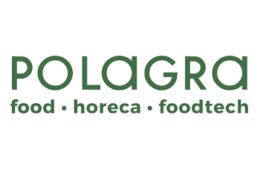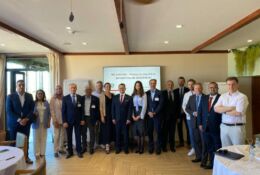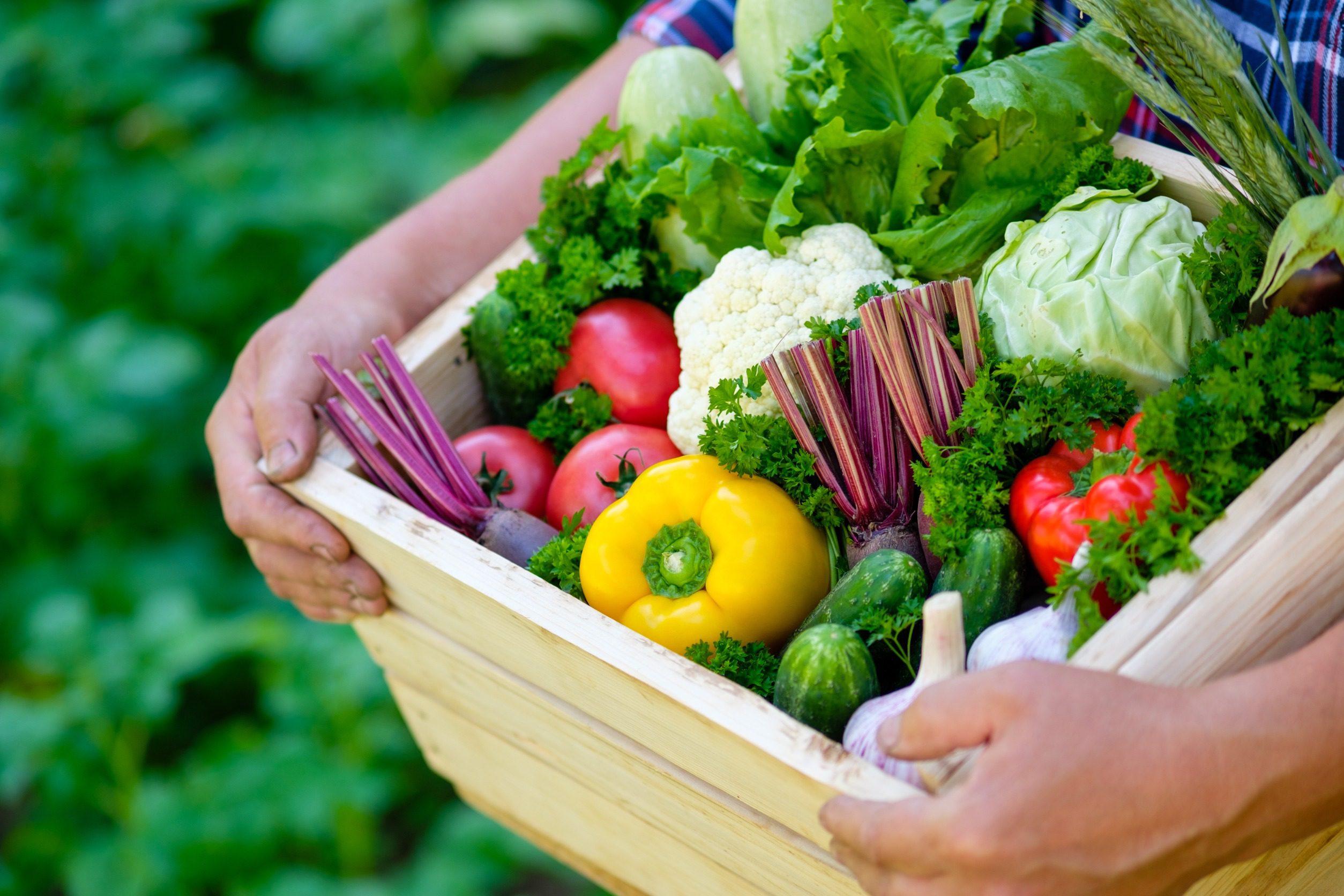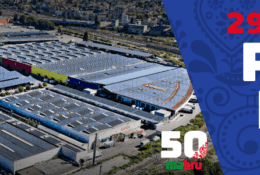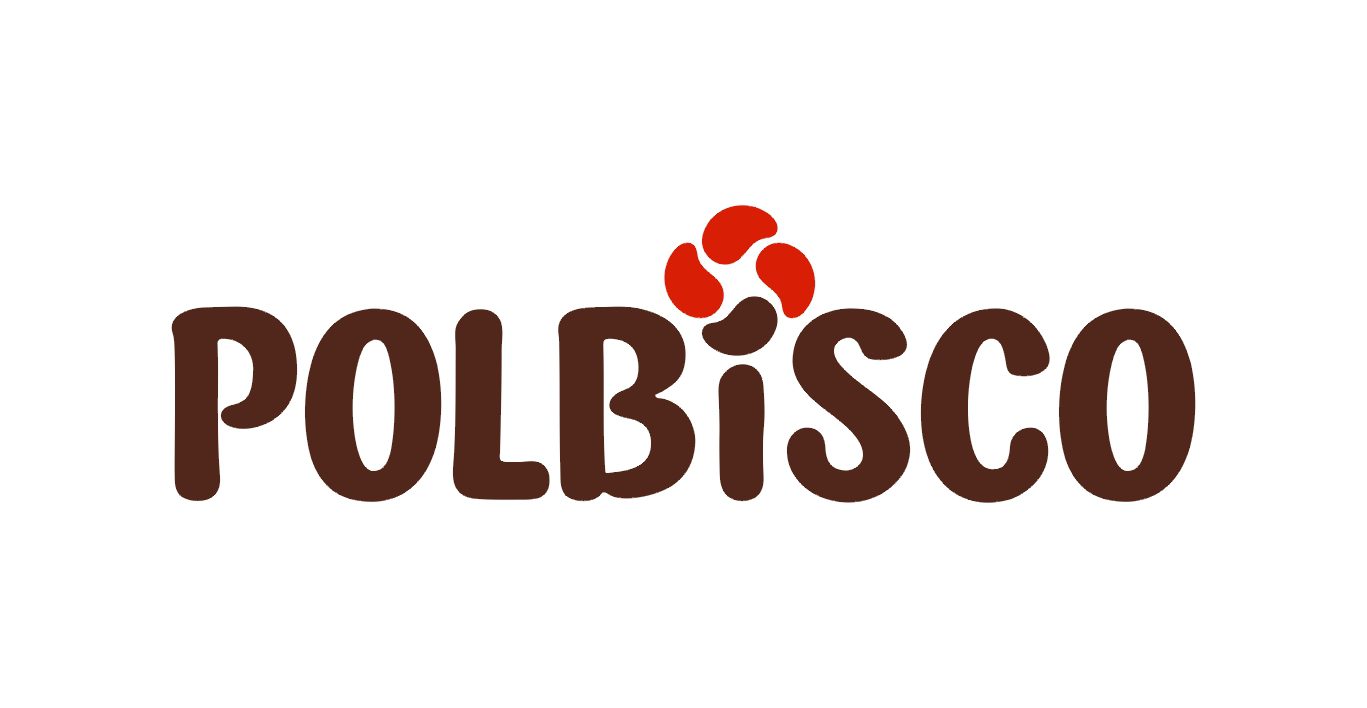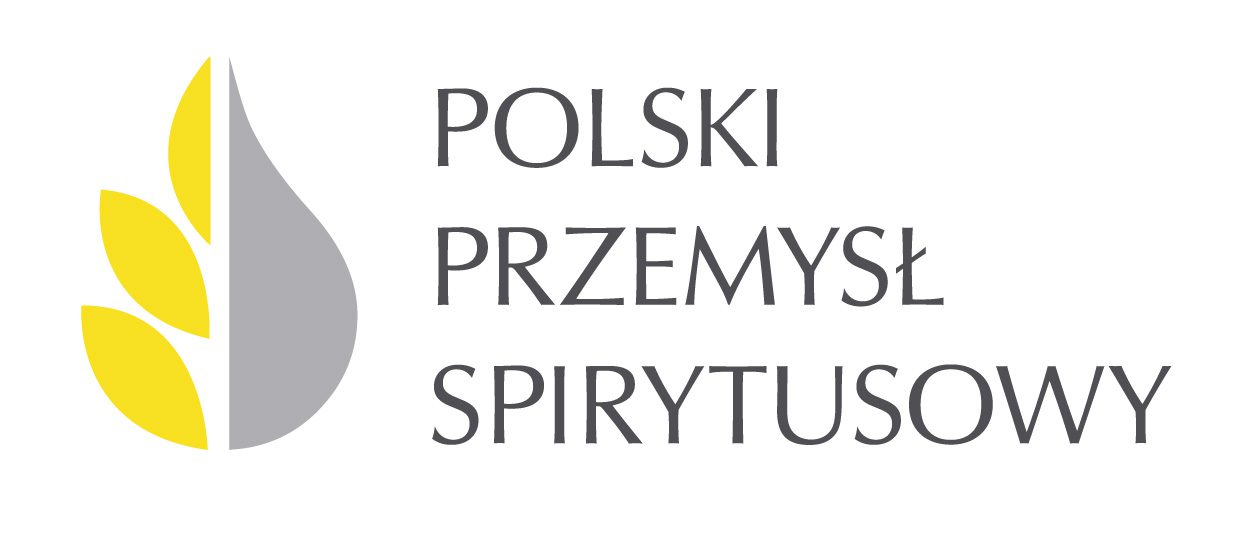Challenges Facing the Polish Agri-Food Sector
31.07.2023

Recently, the food industry has had to deal with numerous difficulties and many changes. The outbreak of the Covid 19 pandemic caused major disruption to global supply chains and concerns about the sustainability of international cooperation. Subsequently, the “thawing” of economies and uncertainty about the stability of supply in the future resulted in an increase in demand, which not always kept pace with supply.
Limited scope for development in Europe
If we assume that world population growth continues, we can conclude that global demand for food products will increase in the coming decades. If the projections of reaching the 9 billion people living on Earth by 2050 are correct, it could lead to an increase in global demand for food by about half, compared to the second decade of the twenty-first century. The base of potential clients for Polish companies from the sector will grow globally, but mainly outside of Europe.
Therefore, it should not come as a surprise that despite the excellent results of Polish exports, the postulate of its geographical diversification is increasingly raised. This is influenced by a number of factors, primarily related to the growing saturation of the EU market. Although Polish producers remain competitive as a result of a their good cost-quality ratio in relation to their products, the scope for expansion in the EU will decrease. Europe will not experience population growth similar to the Indo-Pacific countries in the future, and thus spikes in food demand.
The political dimension of trade in the world is fraught with tension
An example of the risks associated with dependence on a single market may be the loss of access to the Russian market after the annexation of Crimea and the start of aggression in Donbas. In 2014, the Russian Federation imposed an embargo on the import of many products from European Union countries, including apples. This was a particularly important issue from Poland’s point of view.
In the years 2004-2015, our country was the largest exporter of apples outside the EU, both in terms of volume and value of exports (5.8 million tons and 1.8 billion euros, respectively). A year and a half after the introduction of the embargo, Poland’s exports outside the EU fell to 428.1 thousand tonnes compared to 941.3 thousand tonnes in 2013. Polish producers were forced to look for alternative markets, they found them partly in Germany, Lithuania, Romania and Belarus, which in practice served to bypass the Russian embargo, which, however, caused very serious turbulence in the sector.
The example of the Russian embargo is important because it shows how much influence political factors can have on the situation of Polish producers and processors, these are often impossible to predict.
It should be pointed out that in the context of the Russian embargo, the Polish fruit industry had a safety cushion in the form of access to the EU market, which is still one of the largest in the world.
Barriers to entry and dependence on EU policies
Therefore, it is much easier to talk about diversification than to actually make it. For Polish producers, who are often relatively small producers on an international scale, this is a task associated with many difficulties. Entering new markets often requires large financial outlays for market research and marketing, as well as adapting products to the cultural, linguistic and technical requirements of various markets.
The European Union’s trade policy plays a key role. It is impossible not to mention the as yet unratified EU-Mercosur agreement on the establishment of a free trade area (FTA). The potential ratification of the FTA is highly controversial in Europe, in particular with regard to its impact on the European agri-food sector.
A third excerpt from the article “Polish food sector needs quality, specialization and soft power. On the direction of development of Polish export” by Bartosz Mielniczek published in the report of the Jagiellonian Club “Time for integration. Challenges and opportunities for rural areas and agriculture in Poland” No. 2/2023.
Edited by PAIH
- Everything
- News (9)
- Events (13)
- Get Support (2)
-
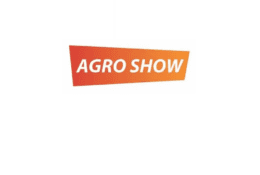 Event
EventThe Agro Show Bednary 2025
The Polish Chamber of Commerce for Agricultural Machinery and Equipment invites you to an event.
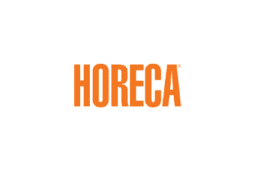 Event
EventHORECA / GASTROFOOD / ENOEXPO
31st International Hotel and Catering Equipment Trade Fair HORECA, along with the accompanying 22nd …
-
 Article
ArticleJapanese investments in Poland
According to NBP data for 2022, Japan was the third largest investor in our country among countries …
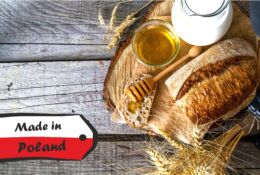 Article
ArticlePolish food valued in Europe and around the world
The taste and aroma of Polish products has already become a brand in itself
-
 Event
EventThe Agro Show Bednary 2025
The Polish Chamber of Commerce for Agricultural Machinery and Equipment invites you to an event.
 Event
EventHORECA / GASTROFOOD / ENOEXPO
31st International Hotel and Catering Equipment Trade Fair HORECA, along with the accompanying 22nd …
The Export Promotion Portal uses cookies to make it easier for users to use the website and for statistical purposes. If you do not block these files, you agree to their use and saving in the memory of your computer or other device. Remember that you can change your browser settings to block the storage of cookies. More information can be found in Privacy Policy and Terms and conditions.
